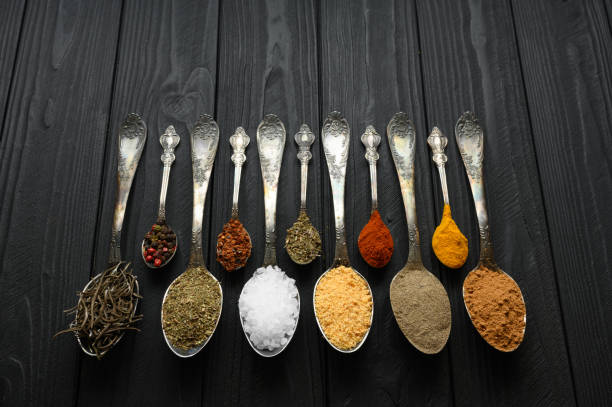

Parents: Would you rather your kids use alcohol or marijuana?
When asked whether parents would rather their teens experiment with alcohol or marijuana, most instinctively choose neither — and that’s the right answer. But if the question forces a comparison, a growing number of medical experts, including Dr. Aaron E. Carroll, a professor of pediatrics at Indiana University, argue that alcohol’s risks far outweigh those of cannabis. His reasoning is difficult to dispute: alcohol contributes to thousands of preventable deaths each year through liver disease, impaired driving, and addiction, while cannabis rarely causes fatal outcomes and, under medical supervision, has shown therapeutic benefits.
In Canada, the numbers tell a clear story. Alcohol remains a leading cause of youth-related injuries and deaths. Each year, hundreds of young Canadians are hospitalized or killed in alcohol-related incidents, including impaired driving and alcohol-fuelled violence. By comparison, there have been no recorded fatal overdoses directly linked to cannabis consumption. Since legalization in 2018, cannabis-related crime rates and youth usage have both decreased, while alcohol continues to contribute to impaired driving charges, domestic violence, and emergency room visits across the country.
When cannabis was illegal, curiosity often pushed teens toward unregulated sources. Now, with clear laws, age restrictions, and honest conversations, there’s less mystery — and less temptation. Cannabis products are packaged safely, labelled with potency, and sold only by licensed retailers to adults 19 and older (18 in Alberta, 21 in Quebec). That means youth access is harder, awareness is higher, and the message is clearer: cannabis is a regulated product, not a game or a risk-free experiment.
Health Canada and the Cannabis Act built these safeguards to protect young people. The College of Physicians and Surgeons of Ontario (CPSO) also limits when doctors can authorize medical cannabis for those under 25, requiring additional consideration and parental consent for anyone under 18. This ensures that cannabis is only prescribed when medically necessary and after all other treatments have been explored. For adults, authorized access through a doctor or nurse practitioner provides not only safe cannabis but professional oversight and accountability.
Alcohol, on the other hand, continues to be normalized in social culture despite its devastating impact. It’s linked to thousands of deaths annually, contributes to violent crime, and remains a factor in nearly one-third of motor vehicle collisions. Cannabis simply does not carry that same level of societal harm. In fact, Health Canada data shows that since legalization, there’s been a decline in youth experimentation and a shift toward safer, informed consumption among adults.
Still, one of the biggest threats facing young Canadians today isn’t the plant itself—it’s what’s being mixed into it. Illicit cannabis products, often sold online or on the street, can contain pesticides, heavy metals, or worse—synthetic drugs like fentanyl. These contaminants make unregulated cannabis extremely dangerous. That’s why parents, educators, and healthcare professionals must keep stressing the importance of buying only from licensed sources and never accepting cannabis from unknown suppliers.
Responsible use starts with education. Adults who choose to use cannabis should understand potency, dosage, and safe consumption methods. Health Canada encourages the “low and slow” approach, avoiding driving, operating machinery, or mixing cannabis with alcohol. For medical users, registering under Health Canada ensures their product is lab-tested and traceable. Patients can even grow their own plants for treatment through a personal grow licence—a legal way to ensure quality and purity at home.
At GrowLegally, we’ve spent years helping Canadians access medical cannabis responsibly and safely. Our physicians and cannabis educators work with patients across all provinces—and through our GrowVets program, we provide free assistance to veterans living with PTSD or chronic pain. We believe compassion and compliance go hand-in-hand, ensuring Canadians benefit from cannabis without risking safety or legality.
The comparison between alcohol and cannabis is not about promoting one over the other—it’s about honesty. Alcohol continues to claim lives every day through addiction, accidents, and violence. Cannabis, under regulation and medical supervision, offers relief, responsibility, and a chance to heal. Legalization hasn’t created chaos; it’s built a framework for control, safety, and awareness.
If you want to learn more about safe and legal access to medical cannabis or how to register for a grow licence under Health Canada, visit our Medical Cannabis Clinic in Toronto. Education and responsible access protect not only adults—but the next generation growing up in this new era of legalization.
Previous Post
Next Post

Storing Medical Cannabis – Learn how to properly store your cannabis and keep its potency strong.
Go To Post
Before Acquiring Medical Marijuana, Here Are 2 Questions That Your Doctor Is Likely To Ask You (Plus a Bonus One!)
Go To Post
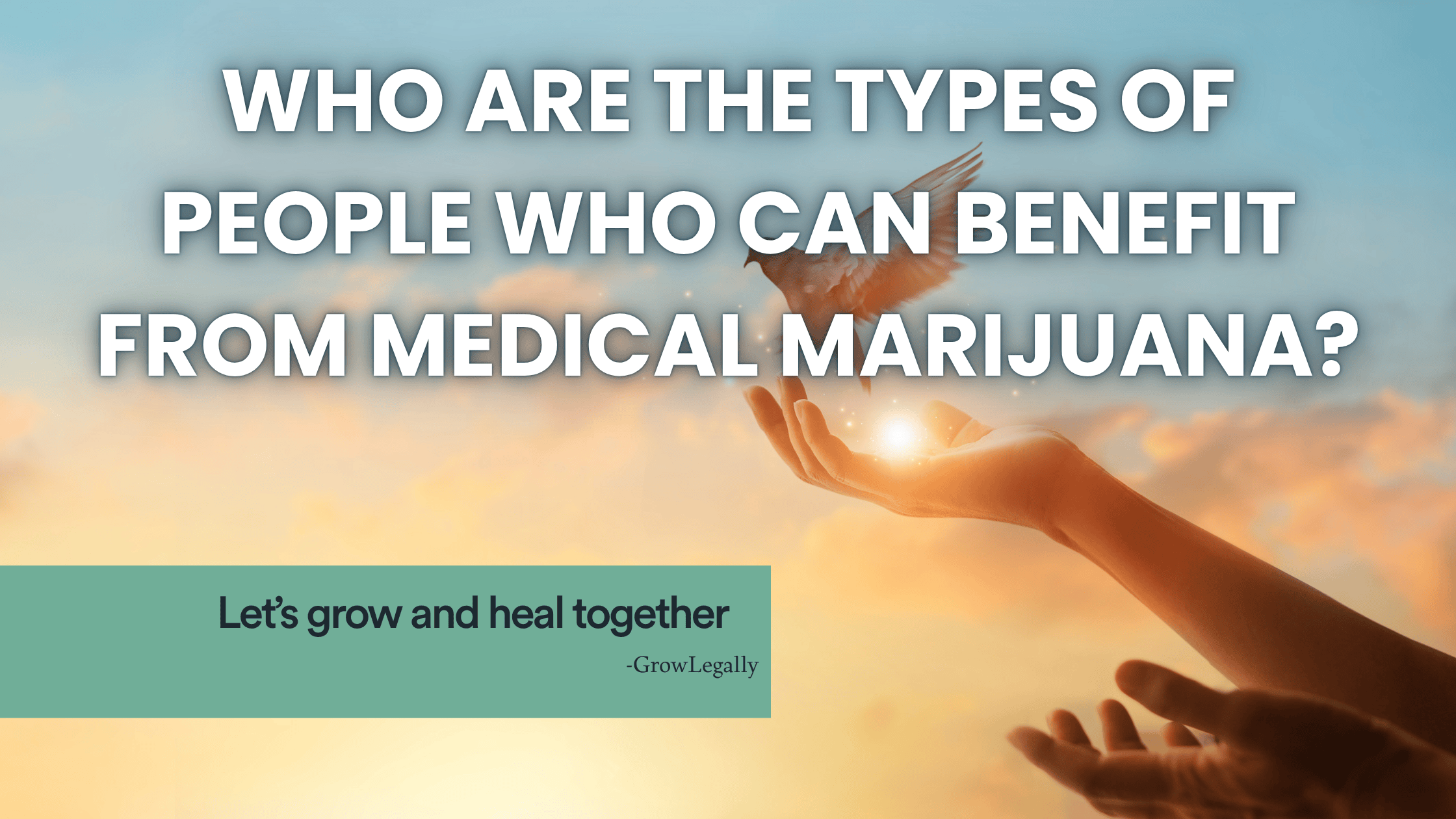
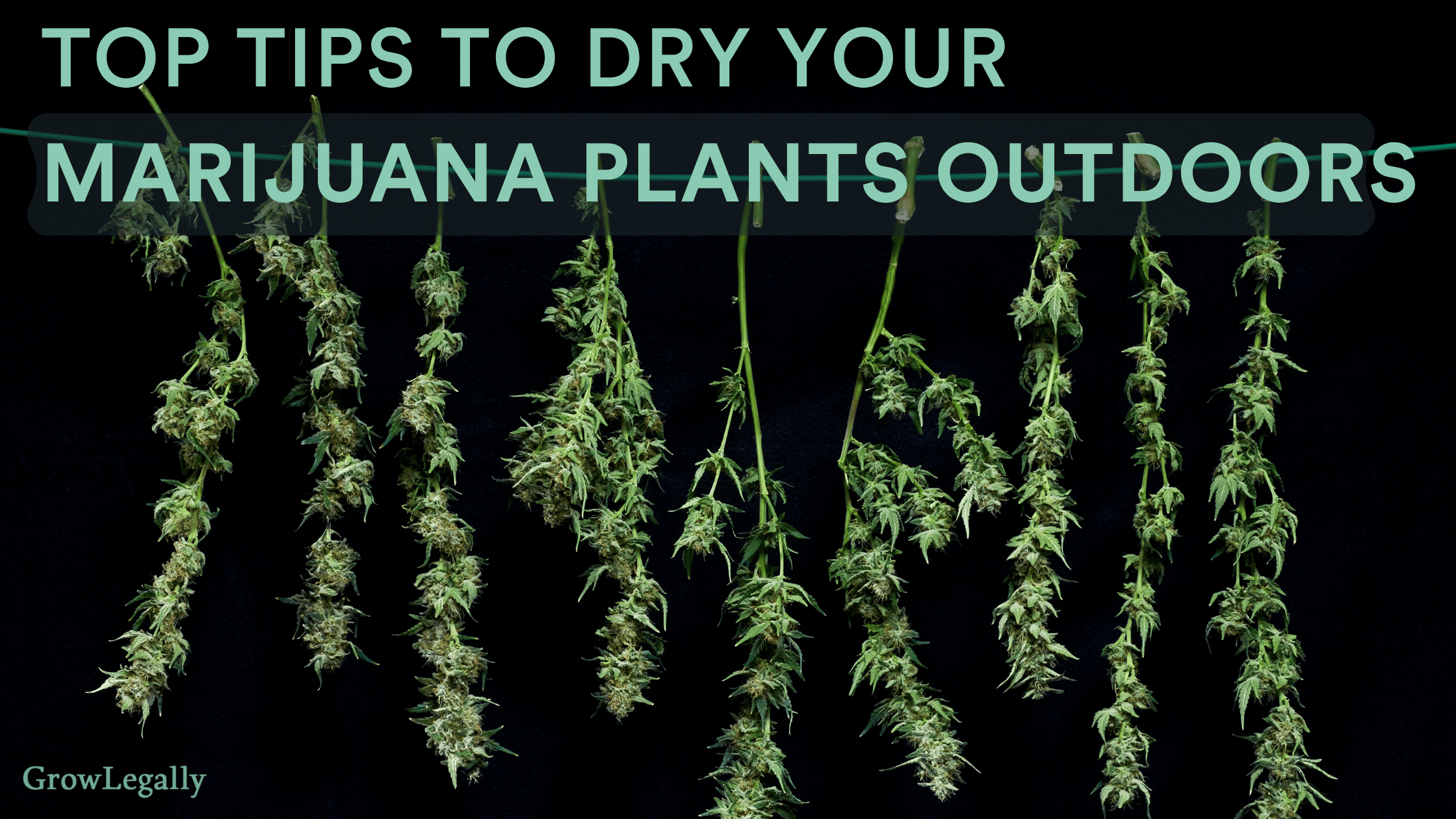
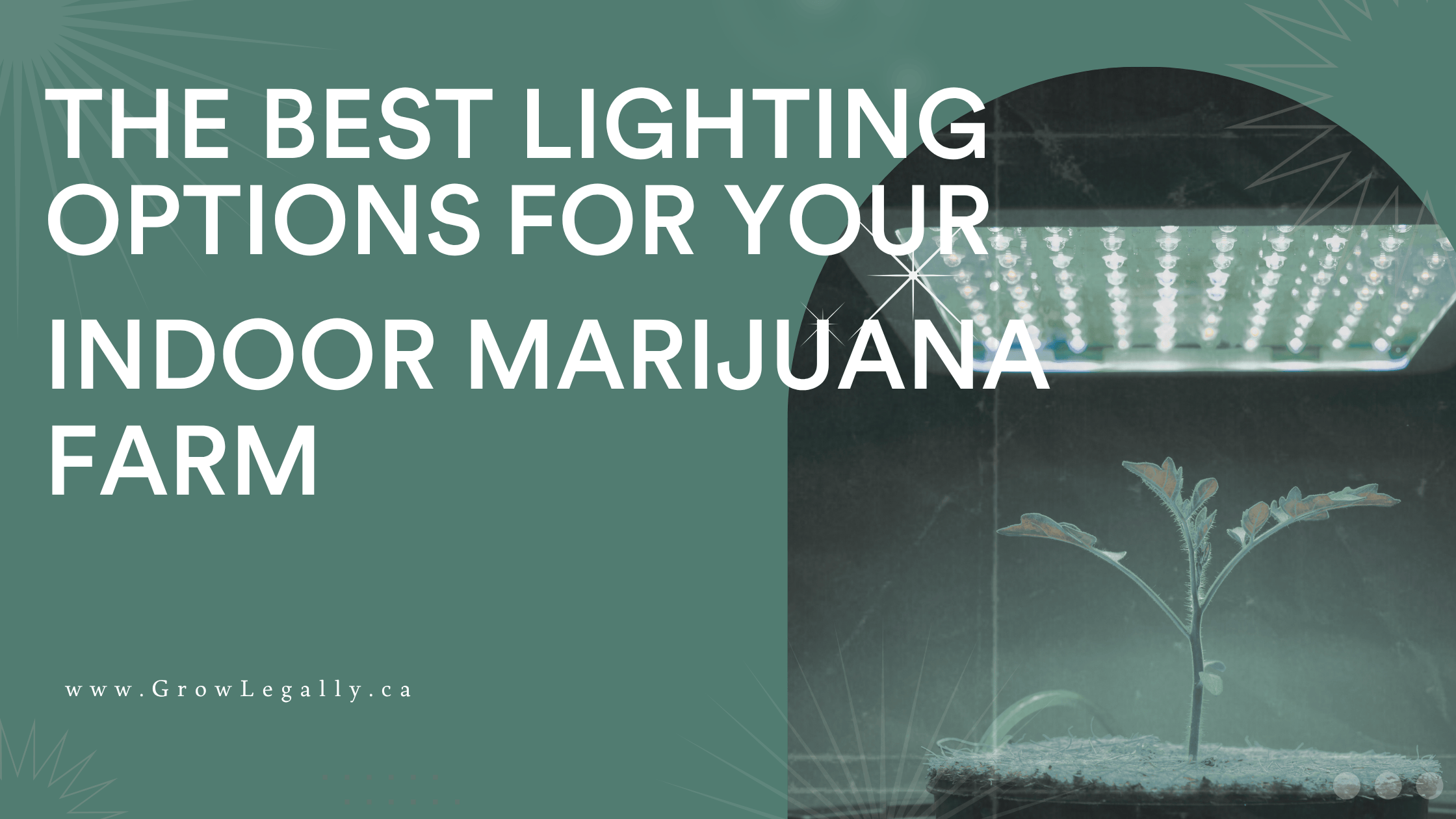
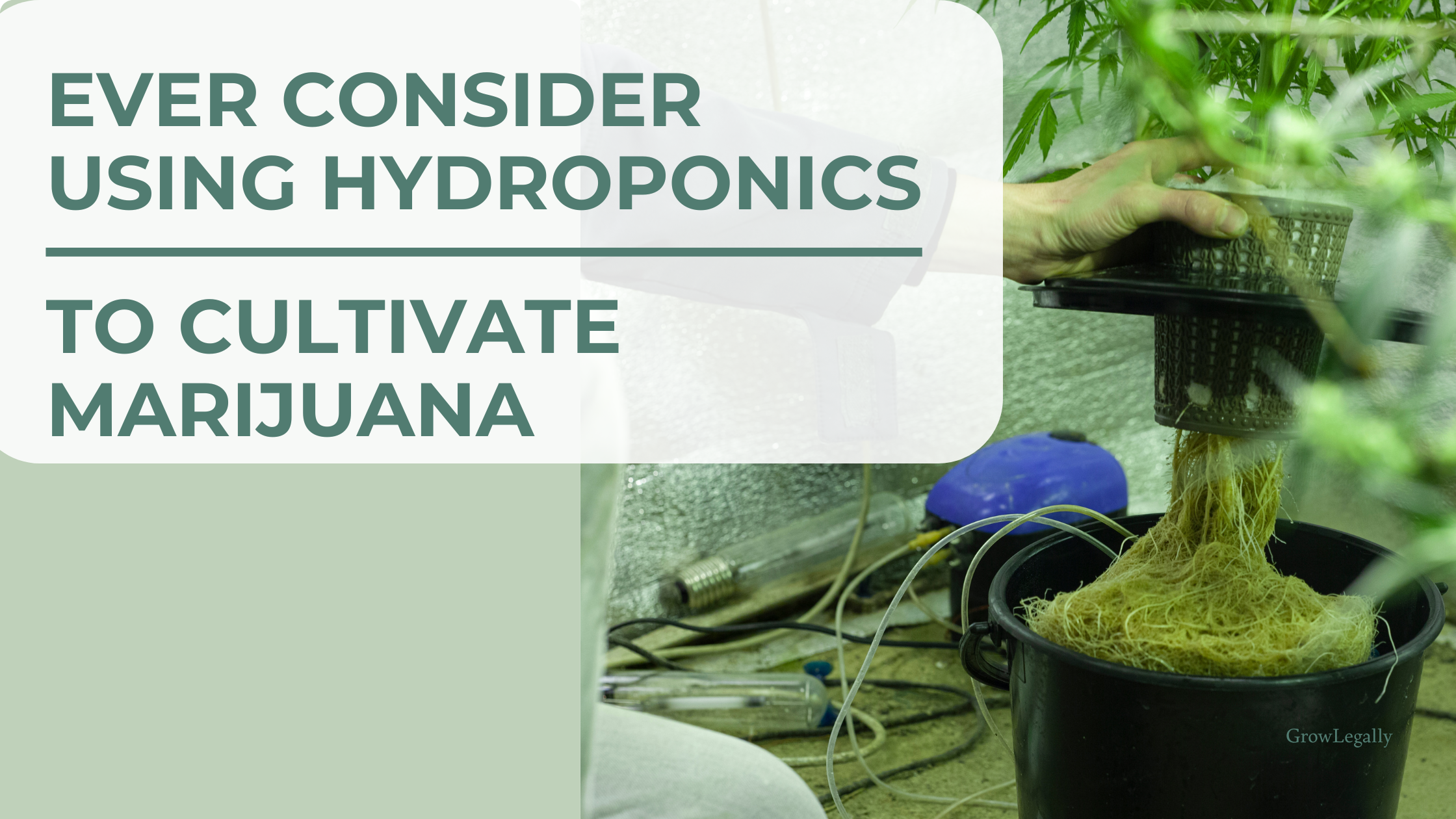
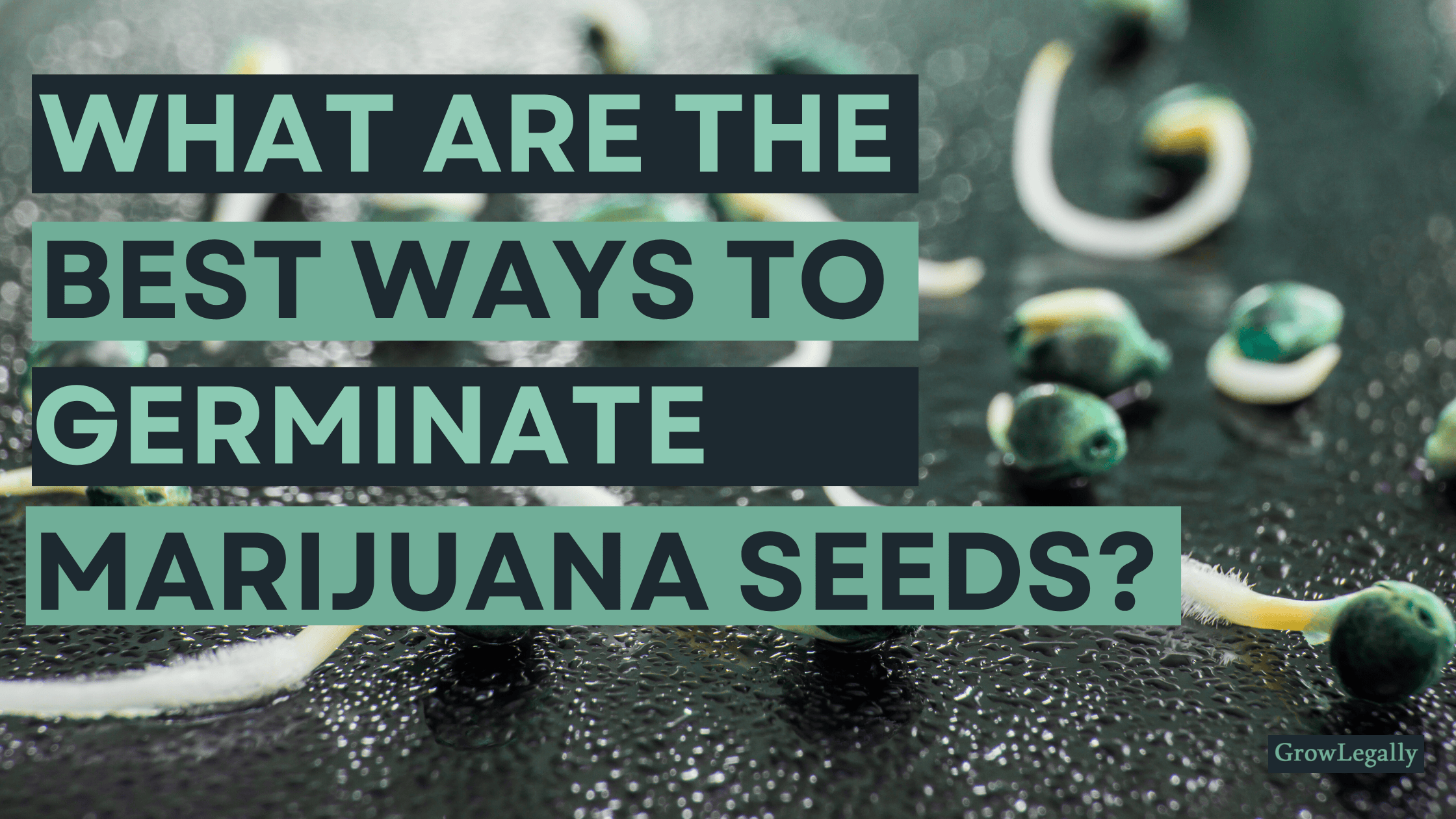
.png)
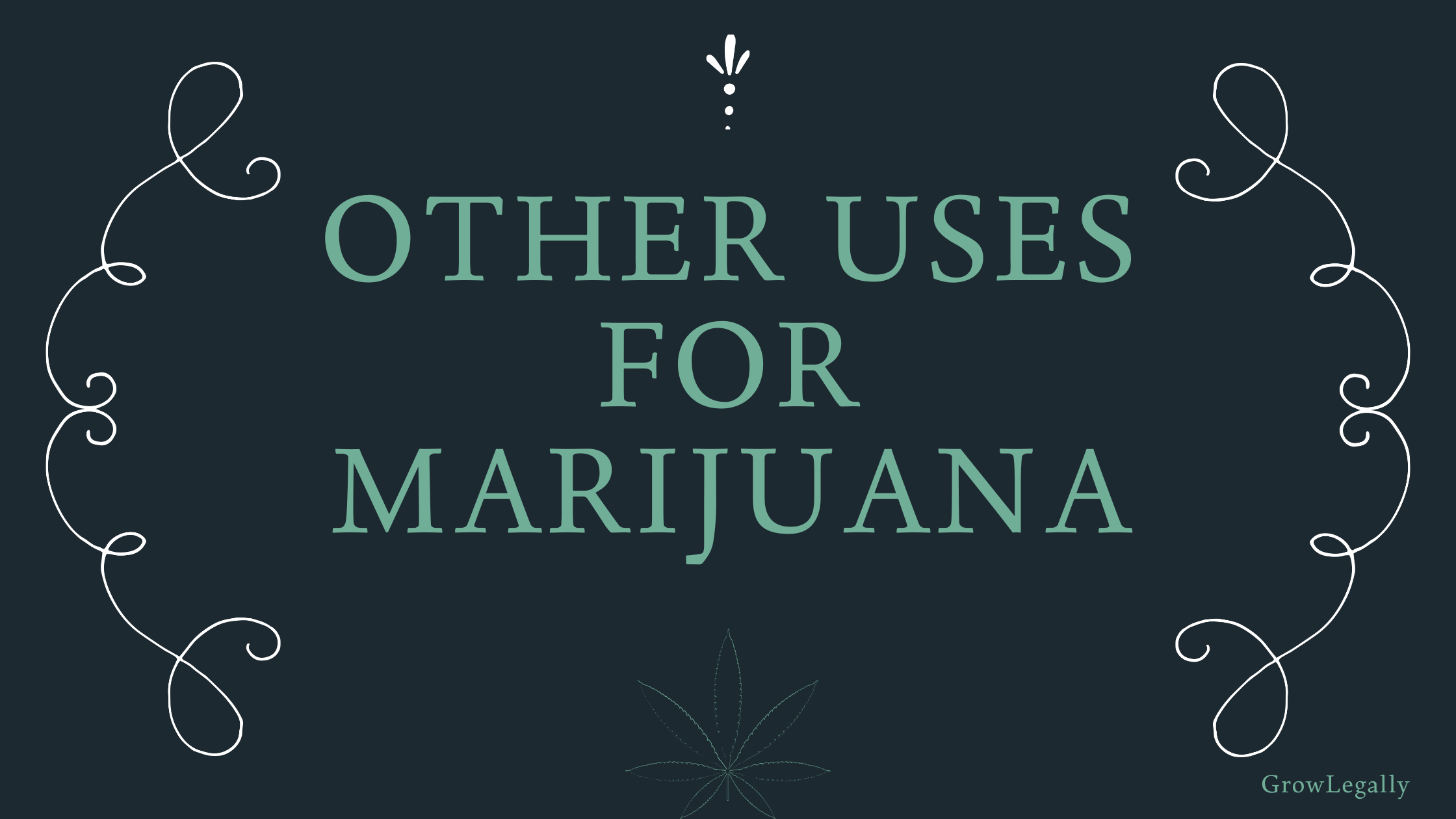
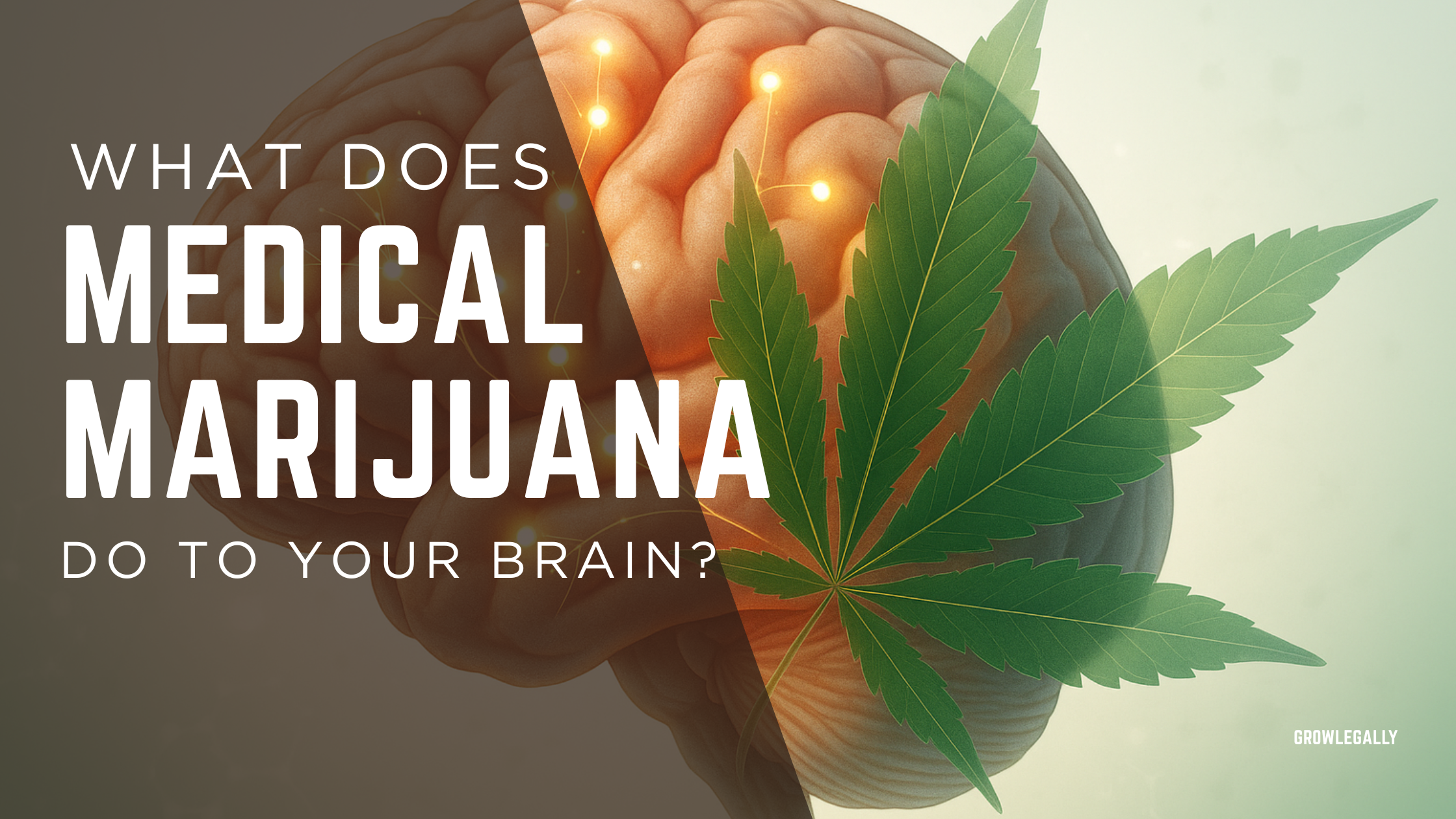
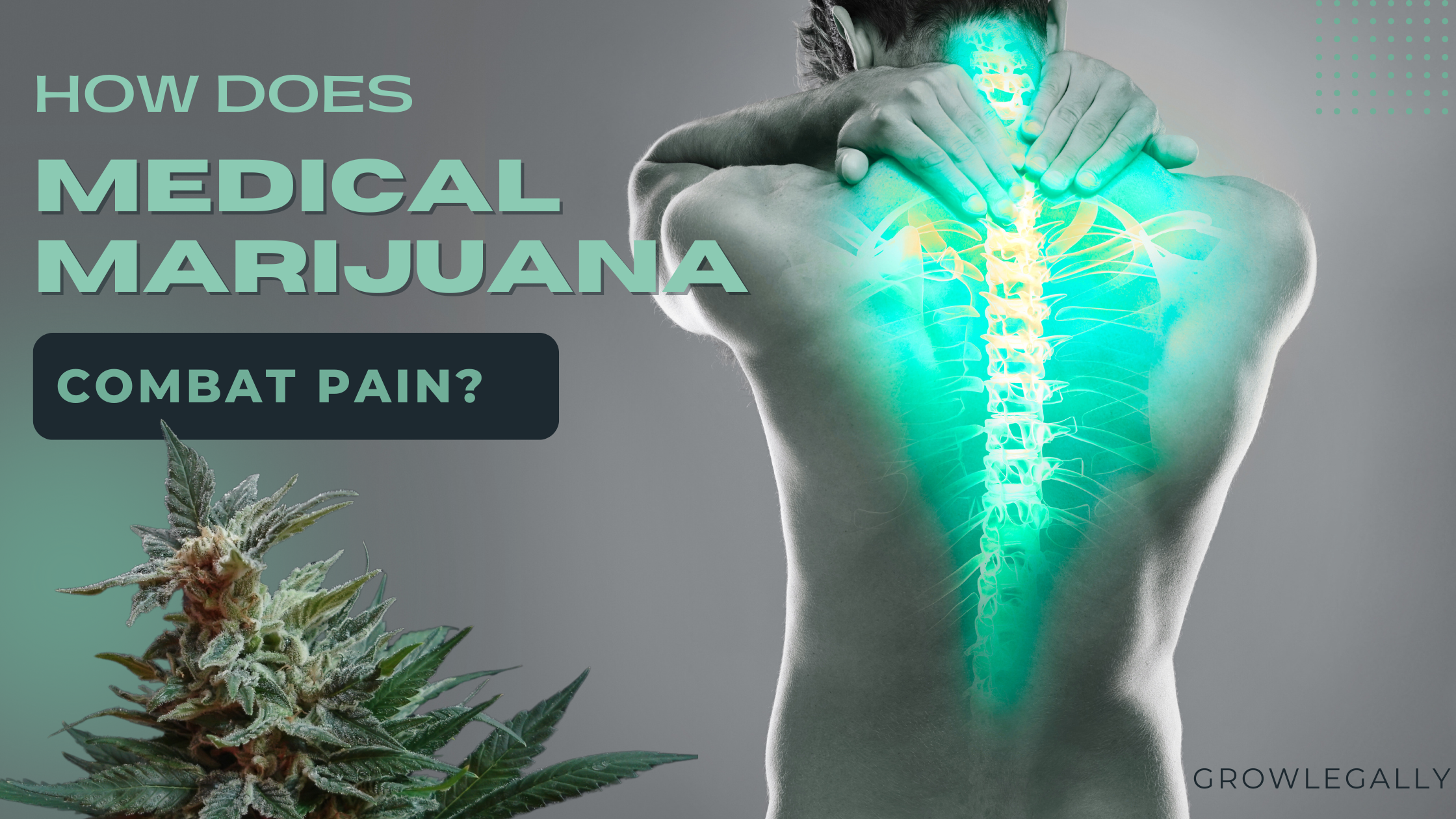
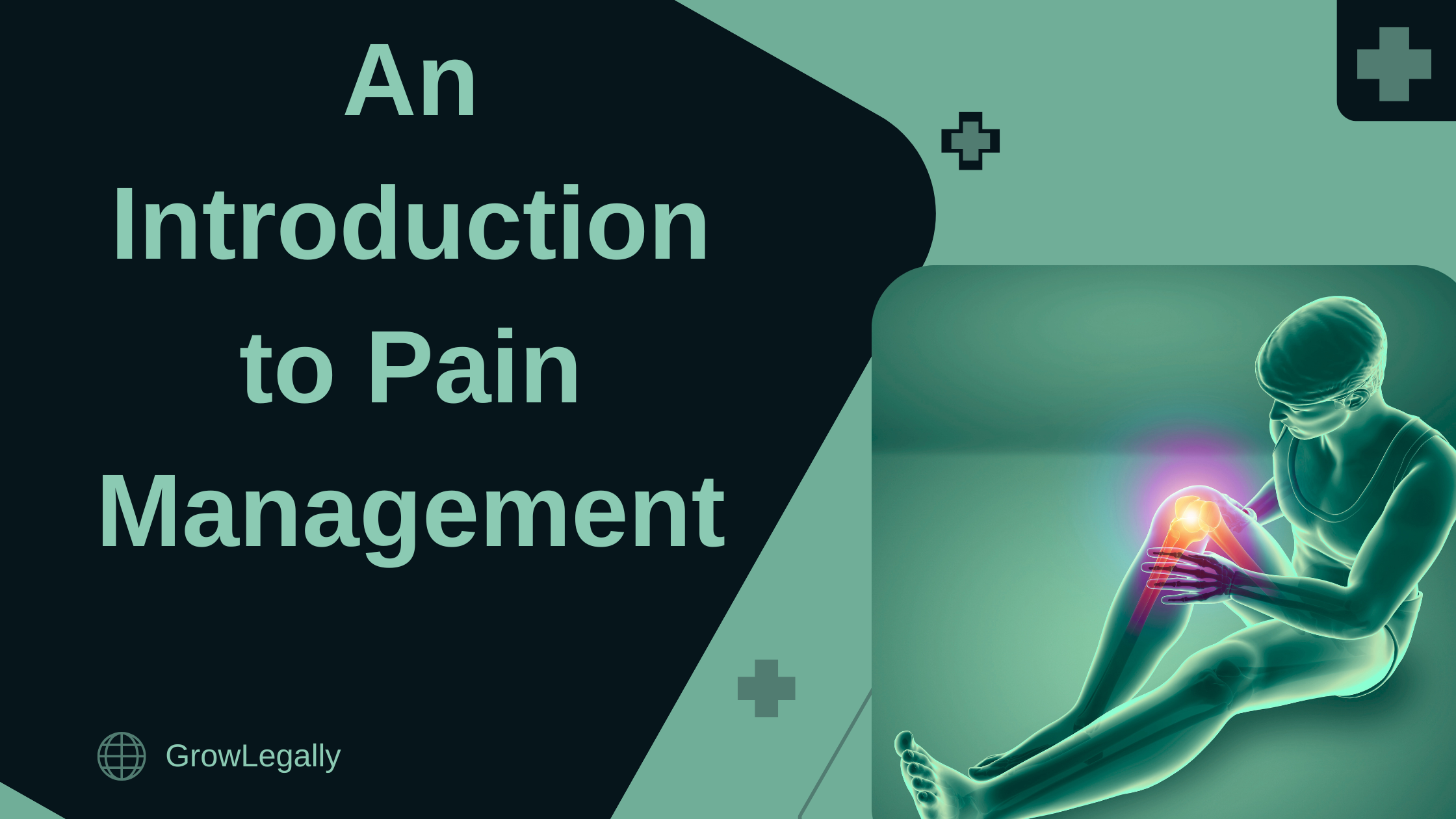
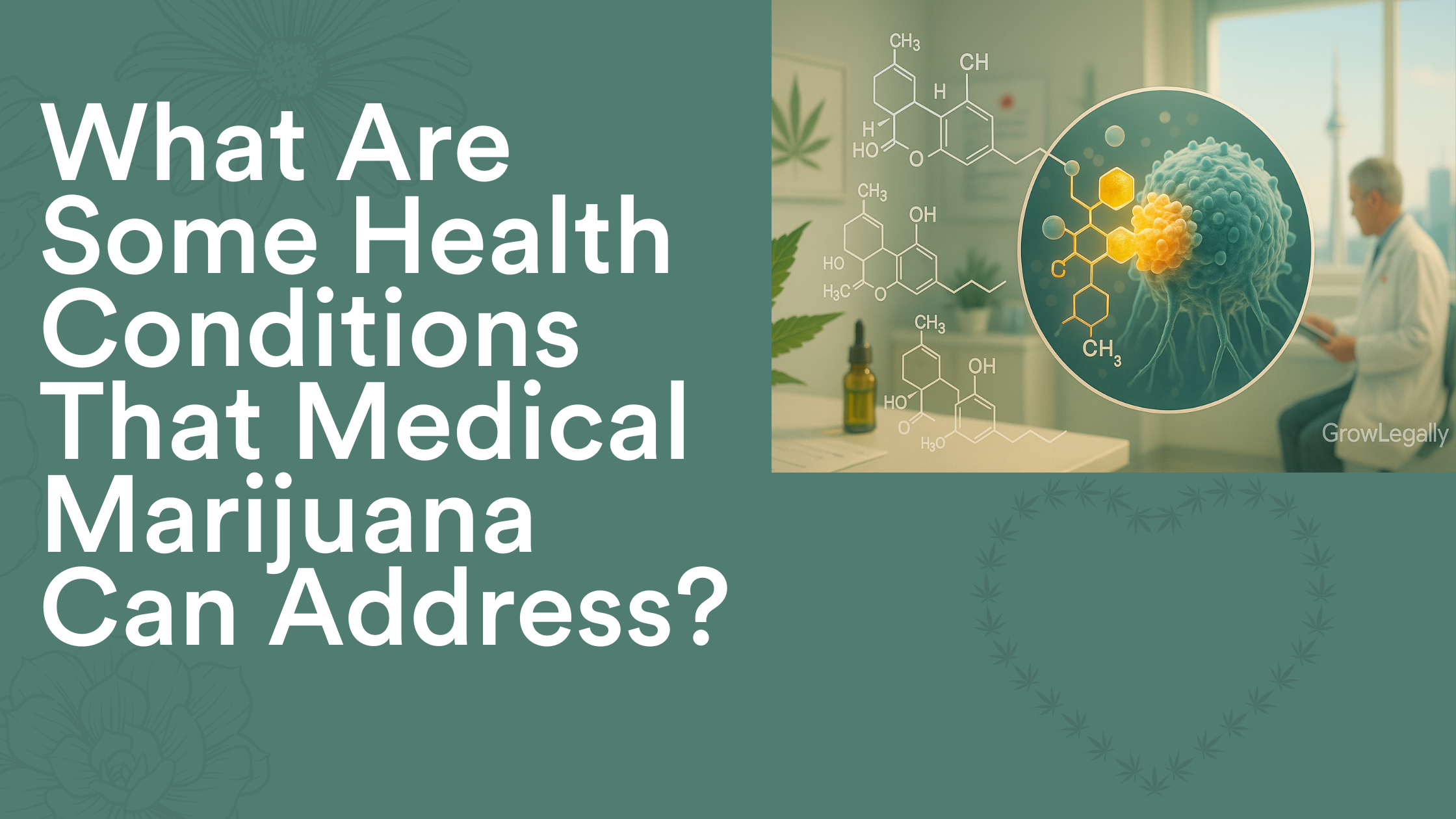
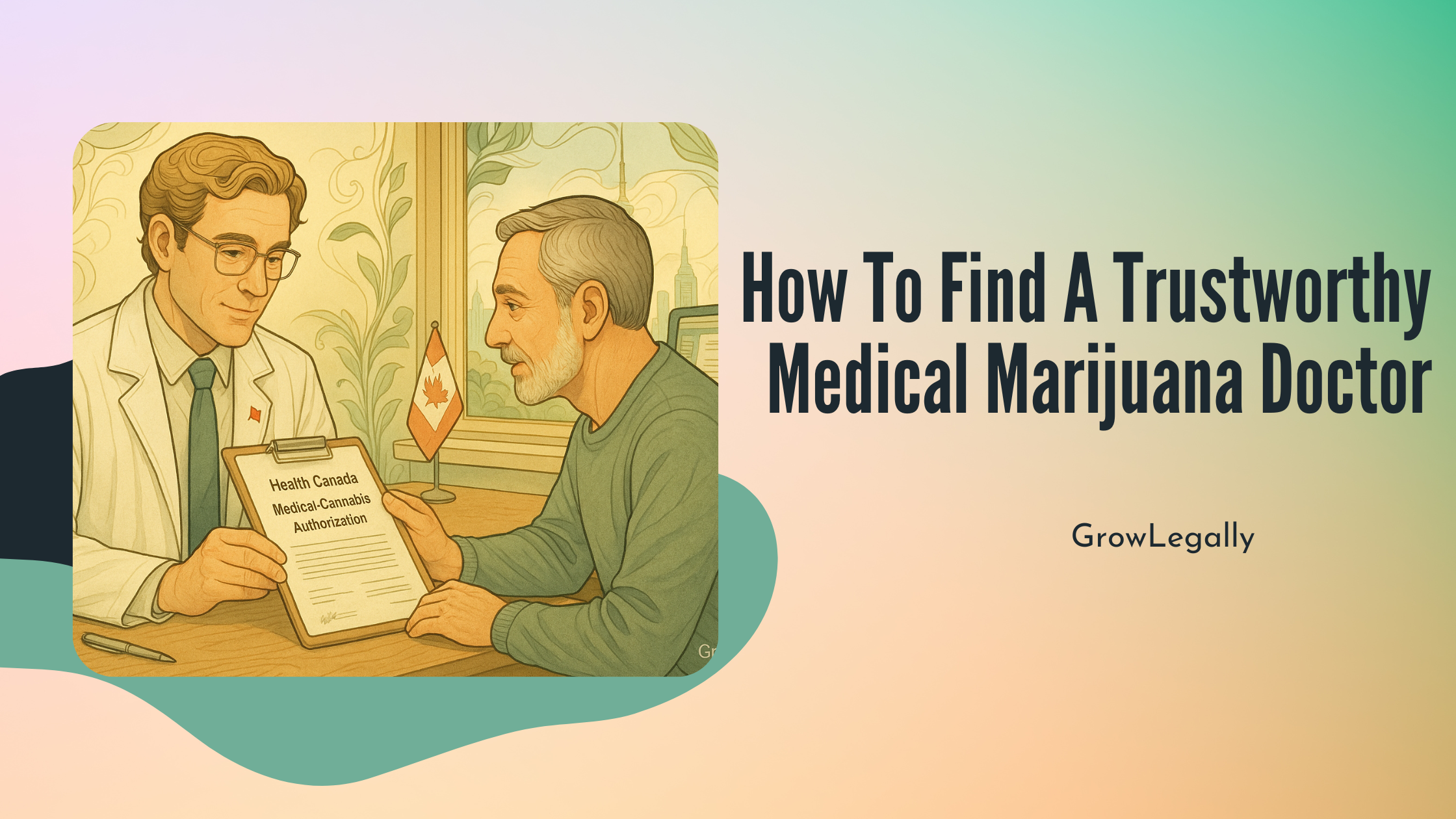
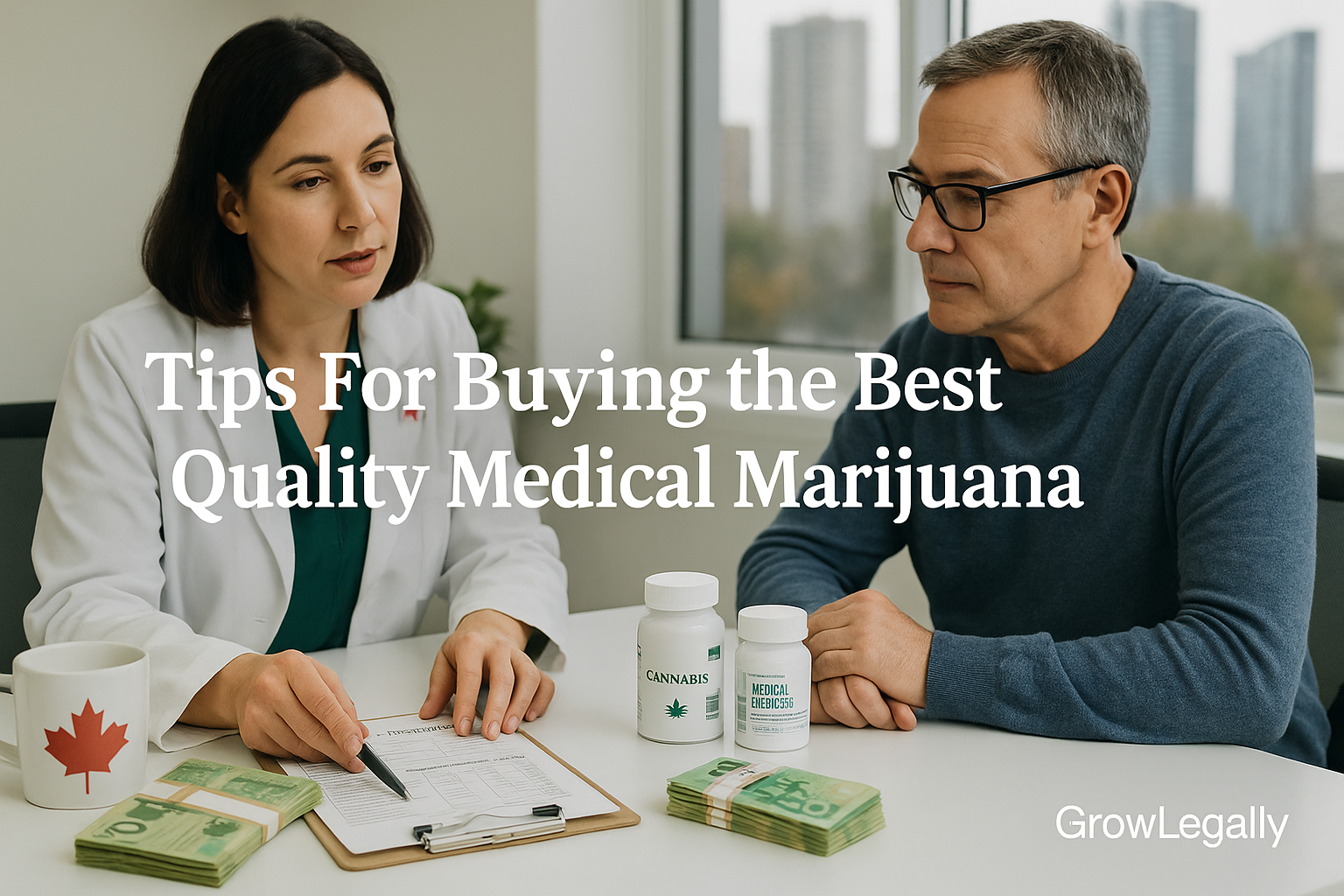
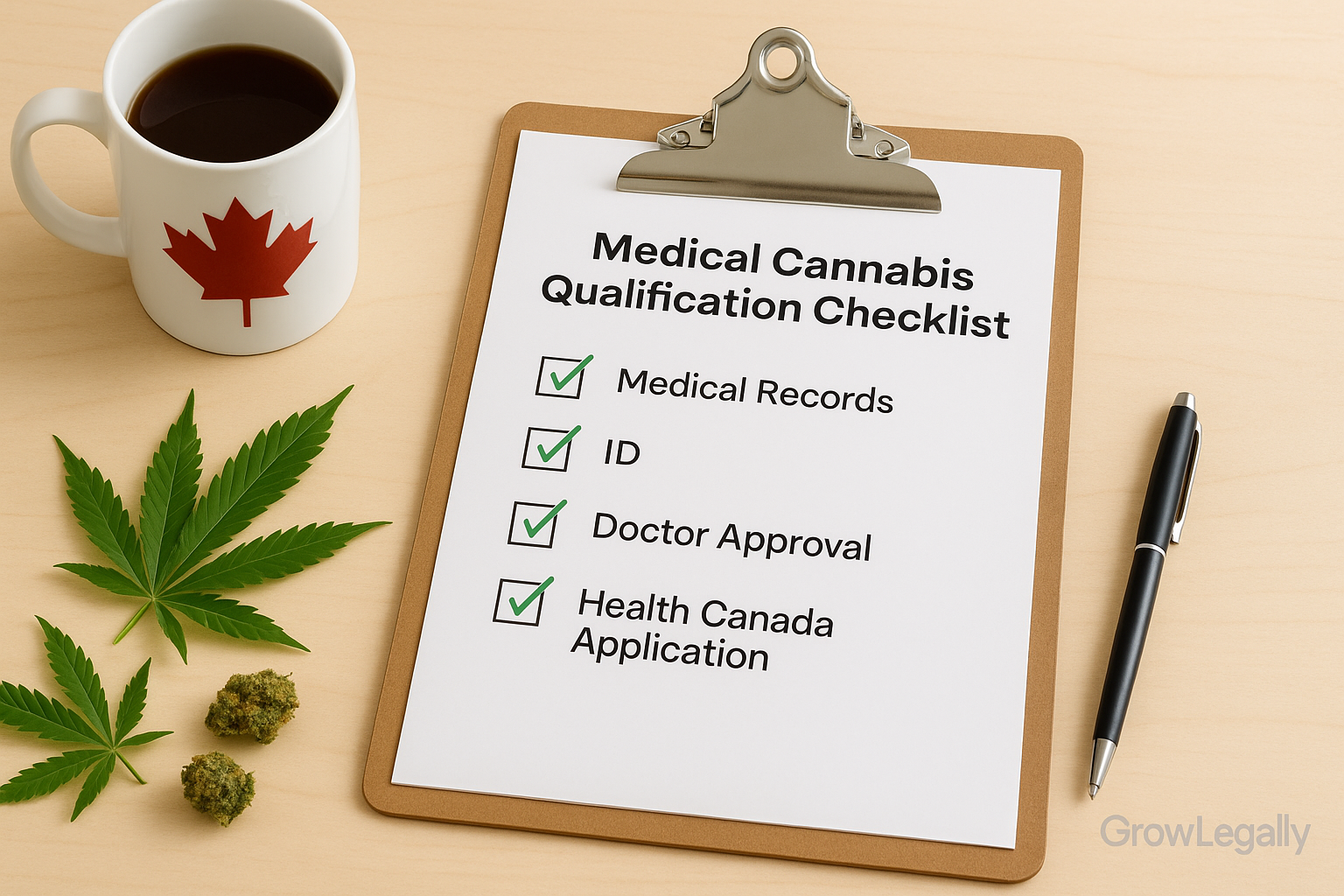
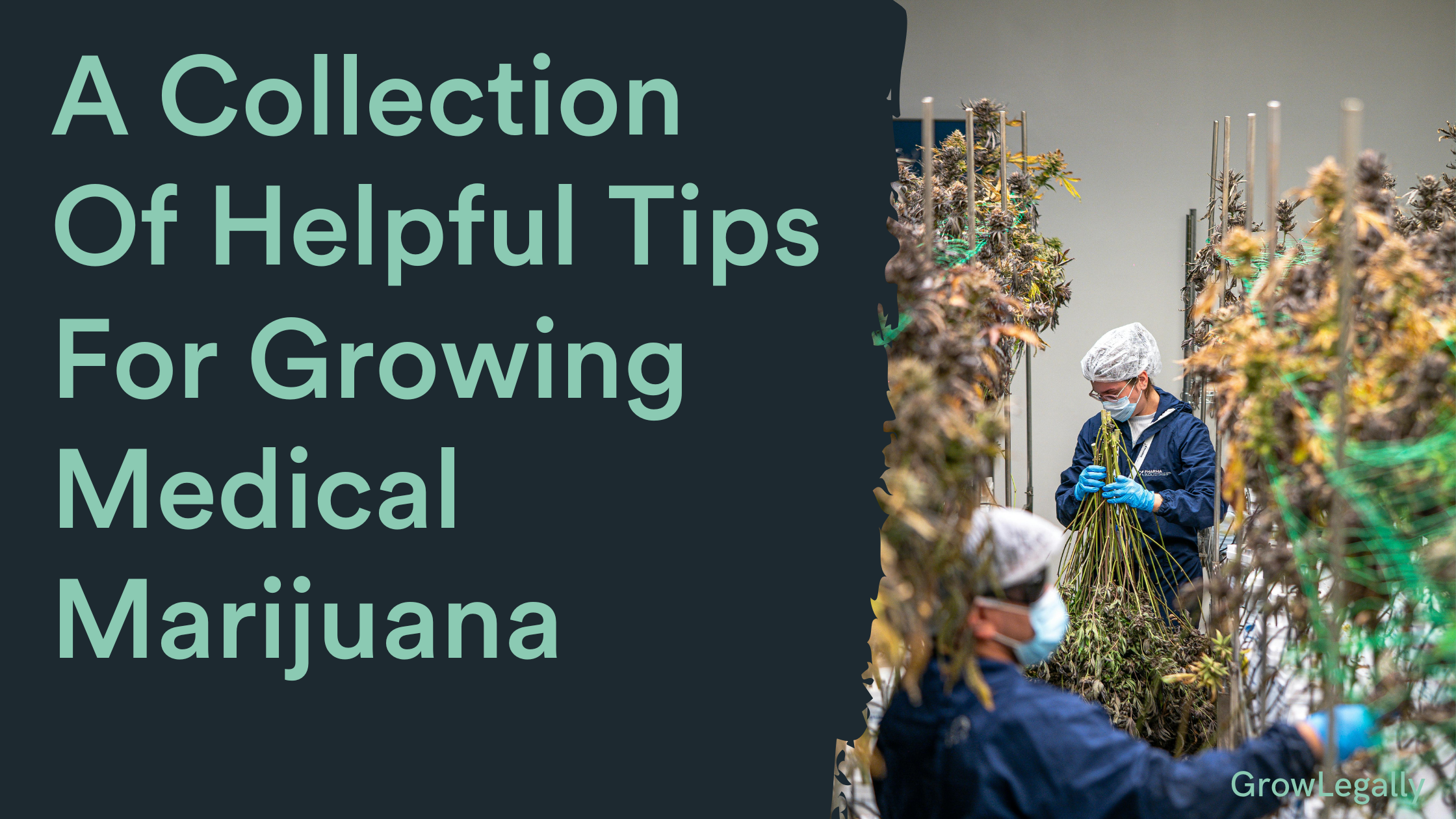
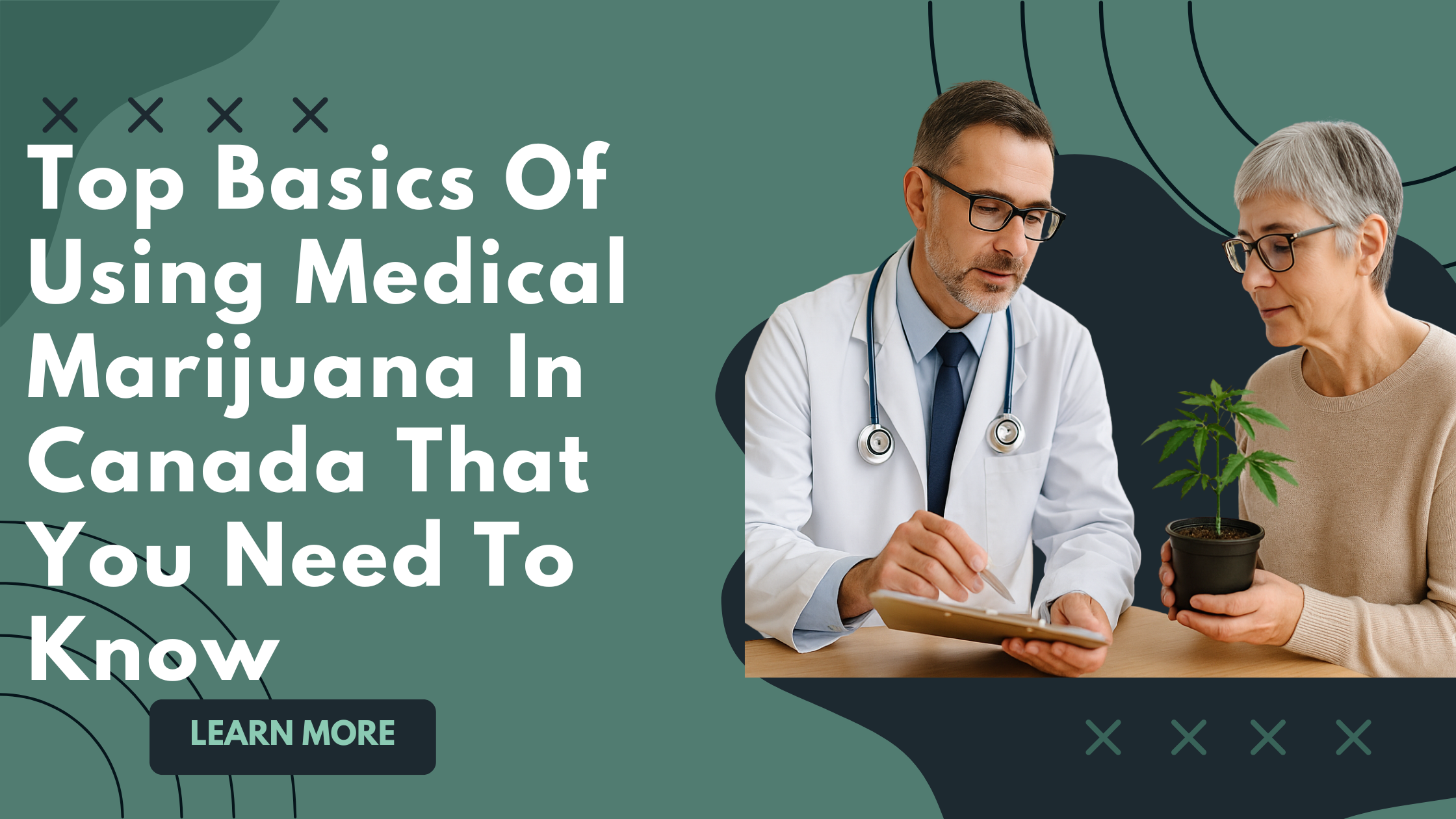
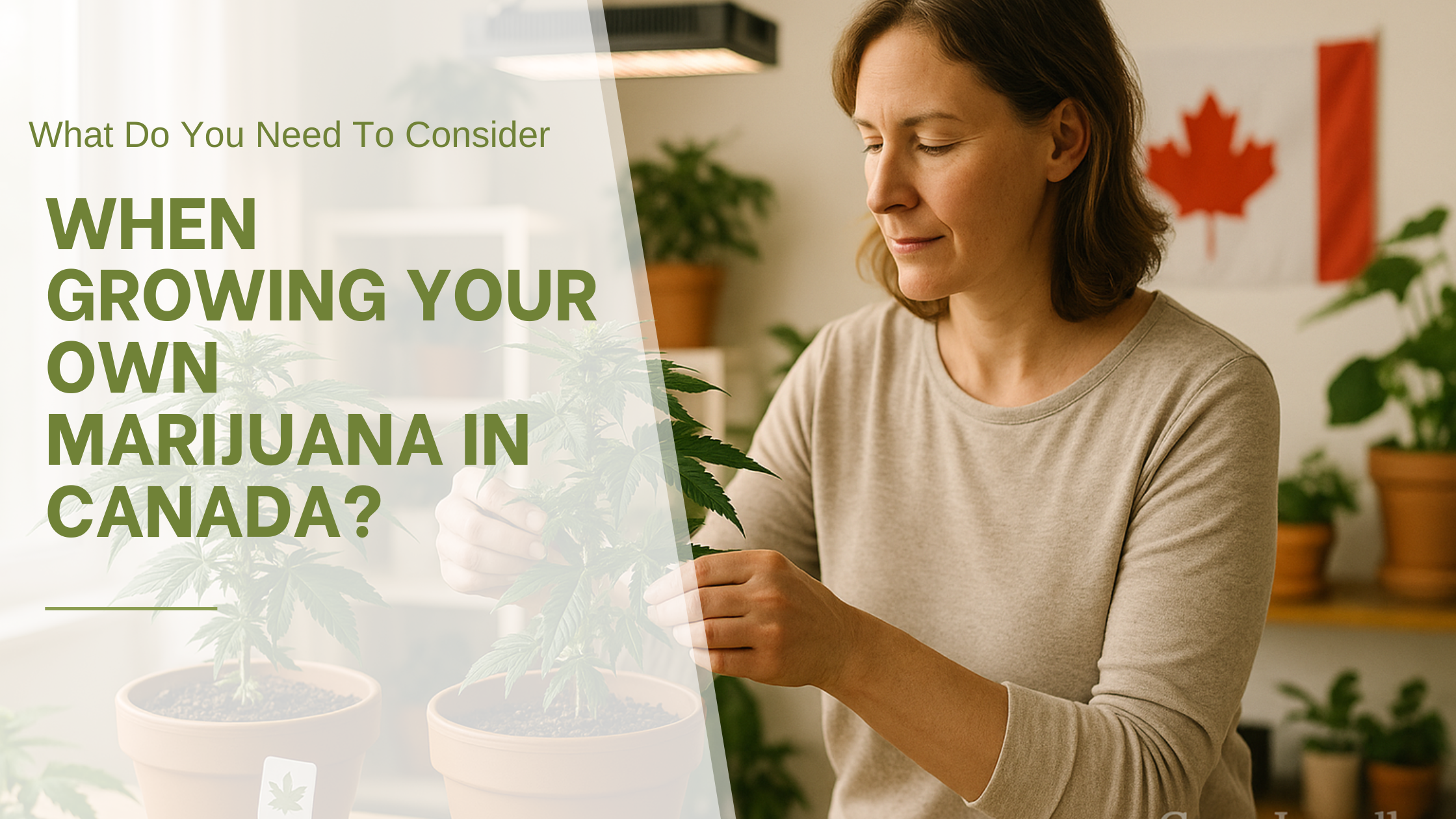
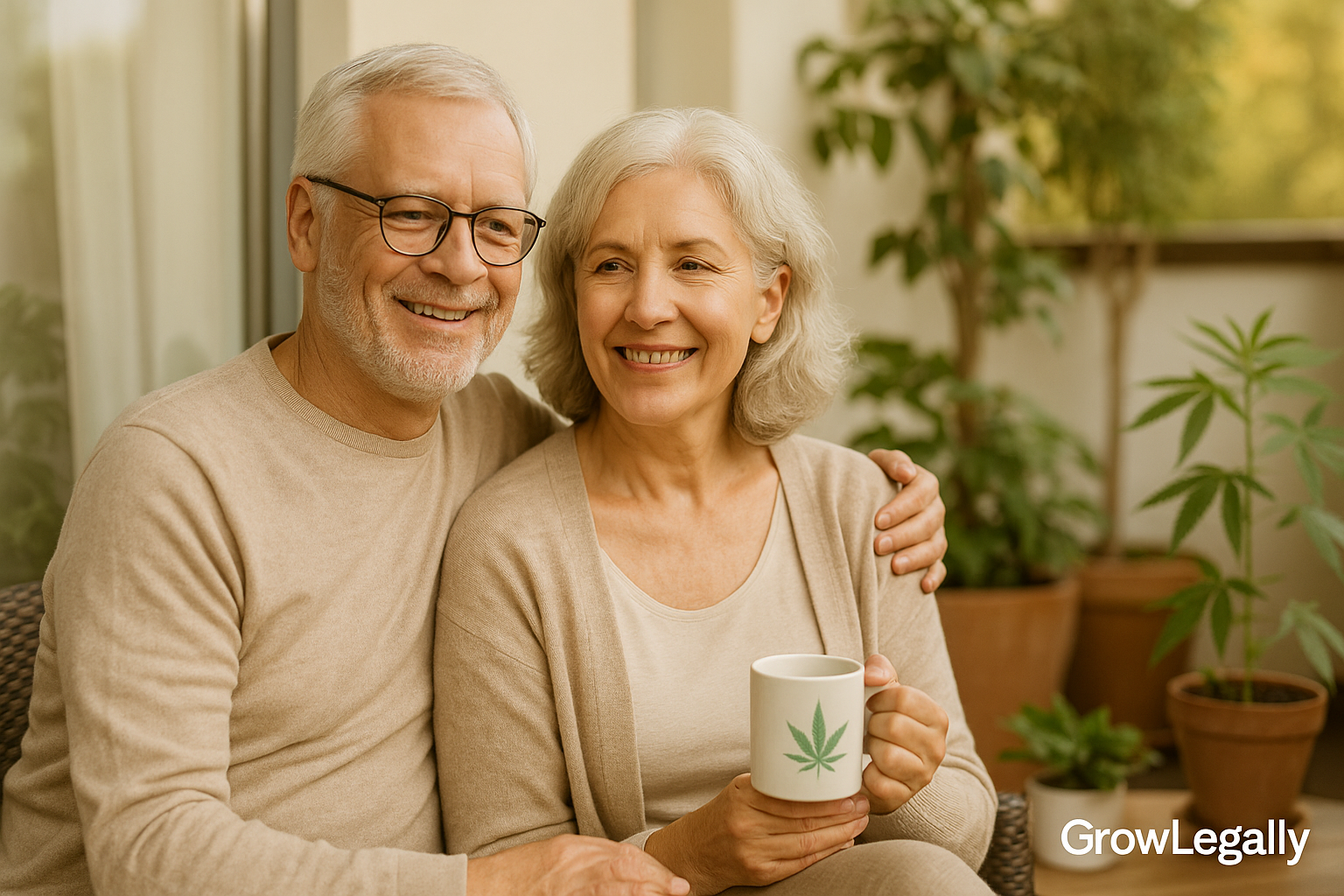

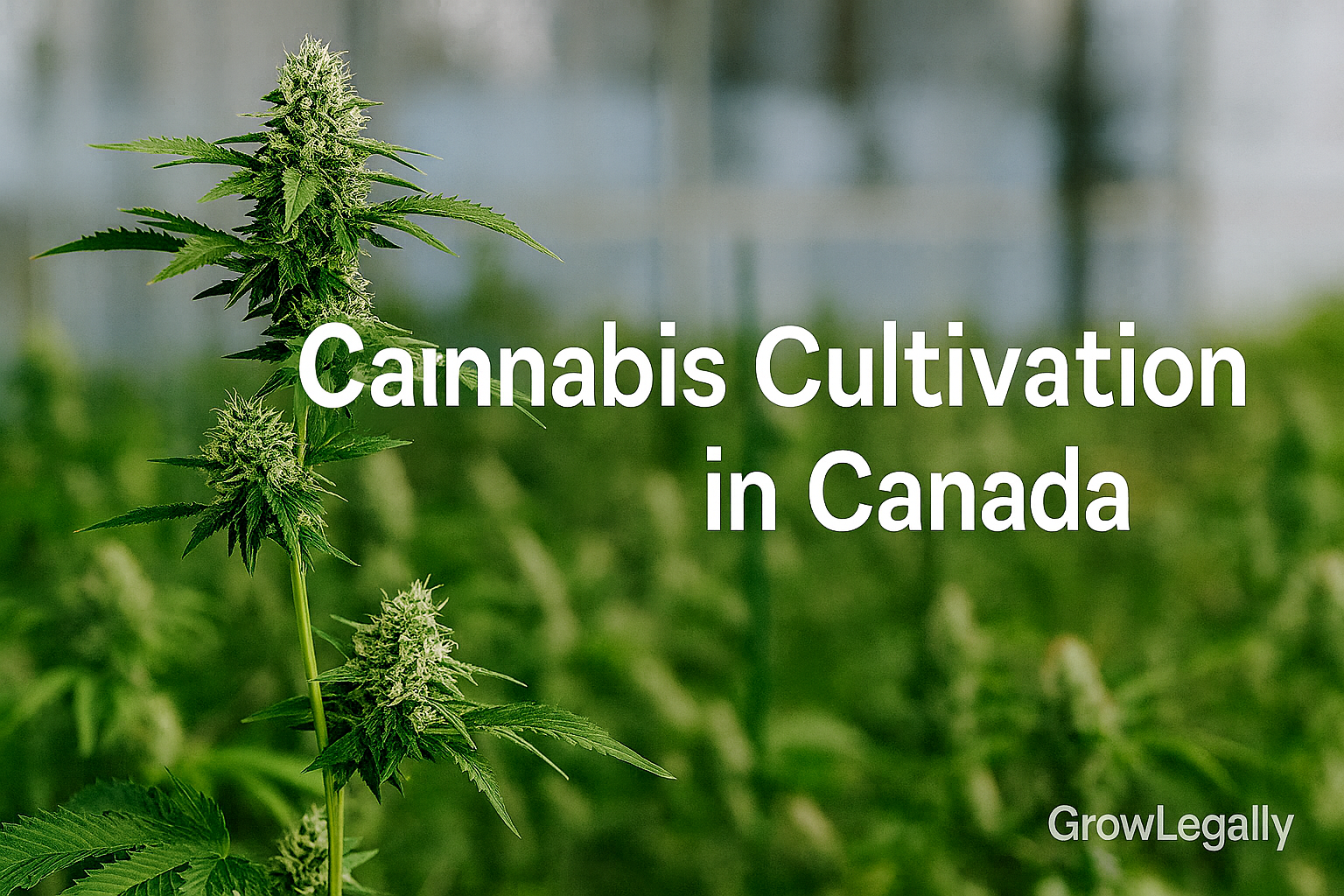
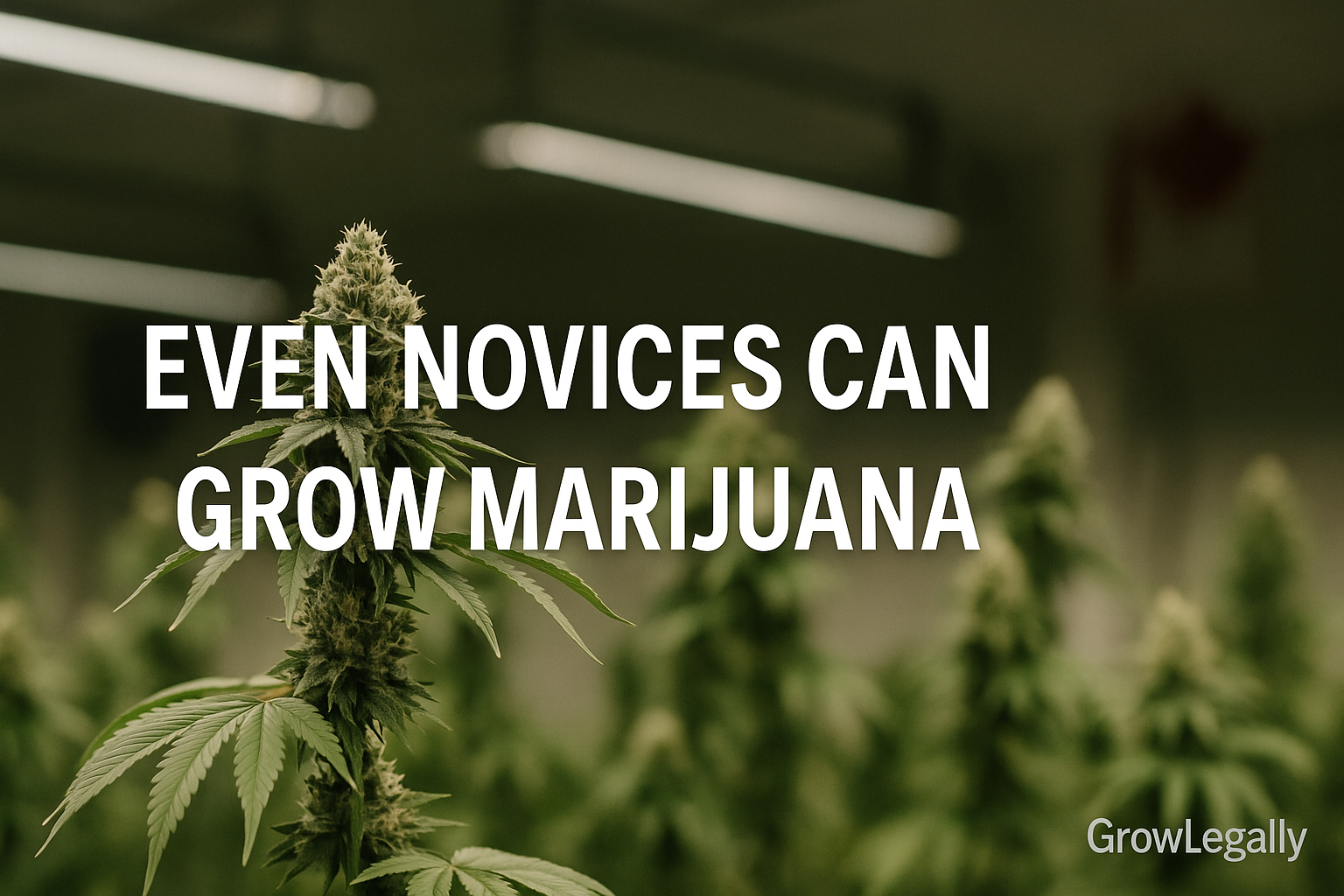


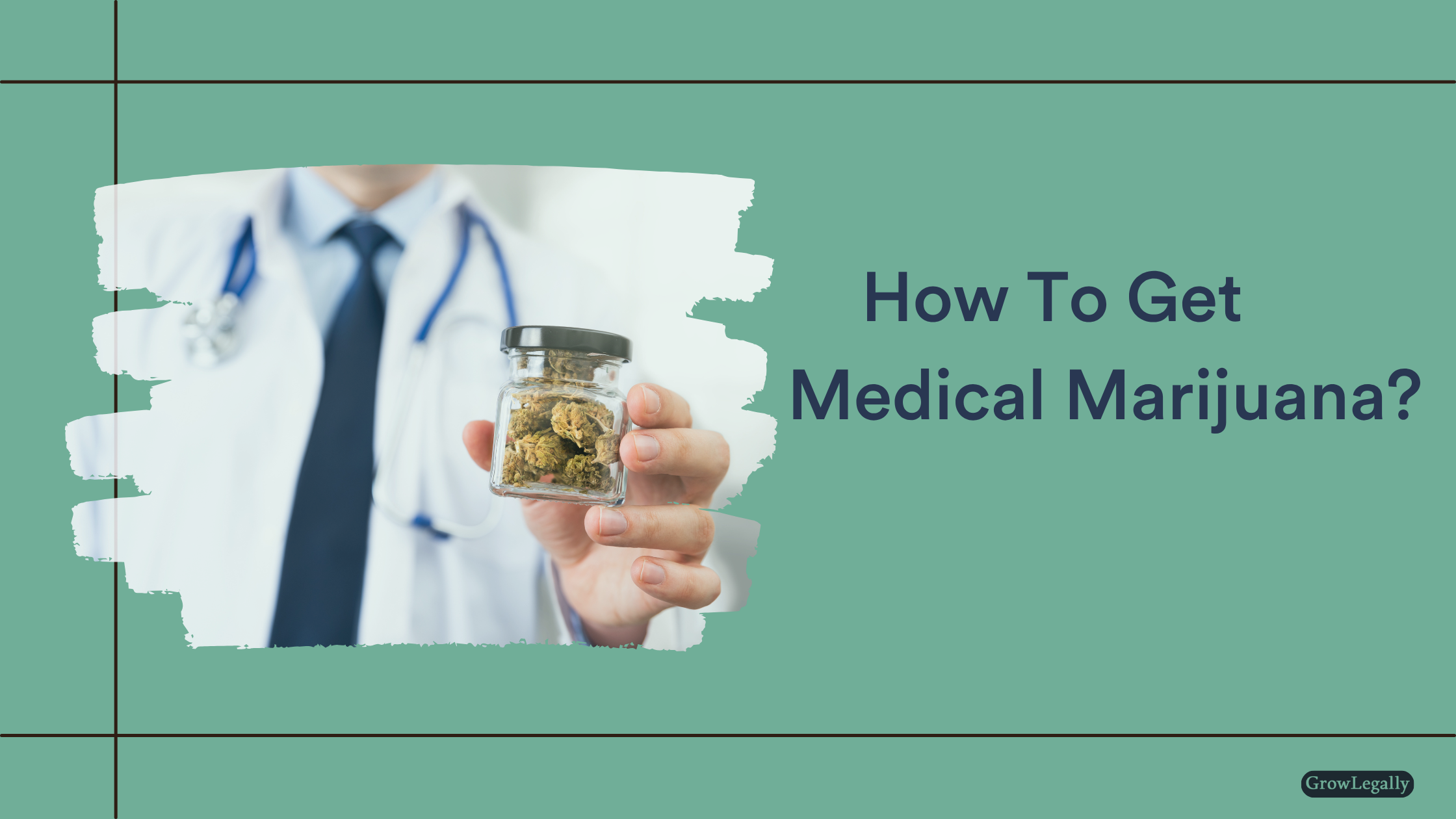

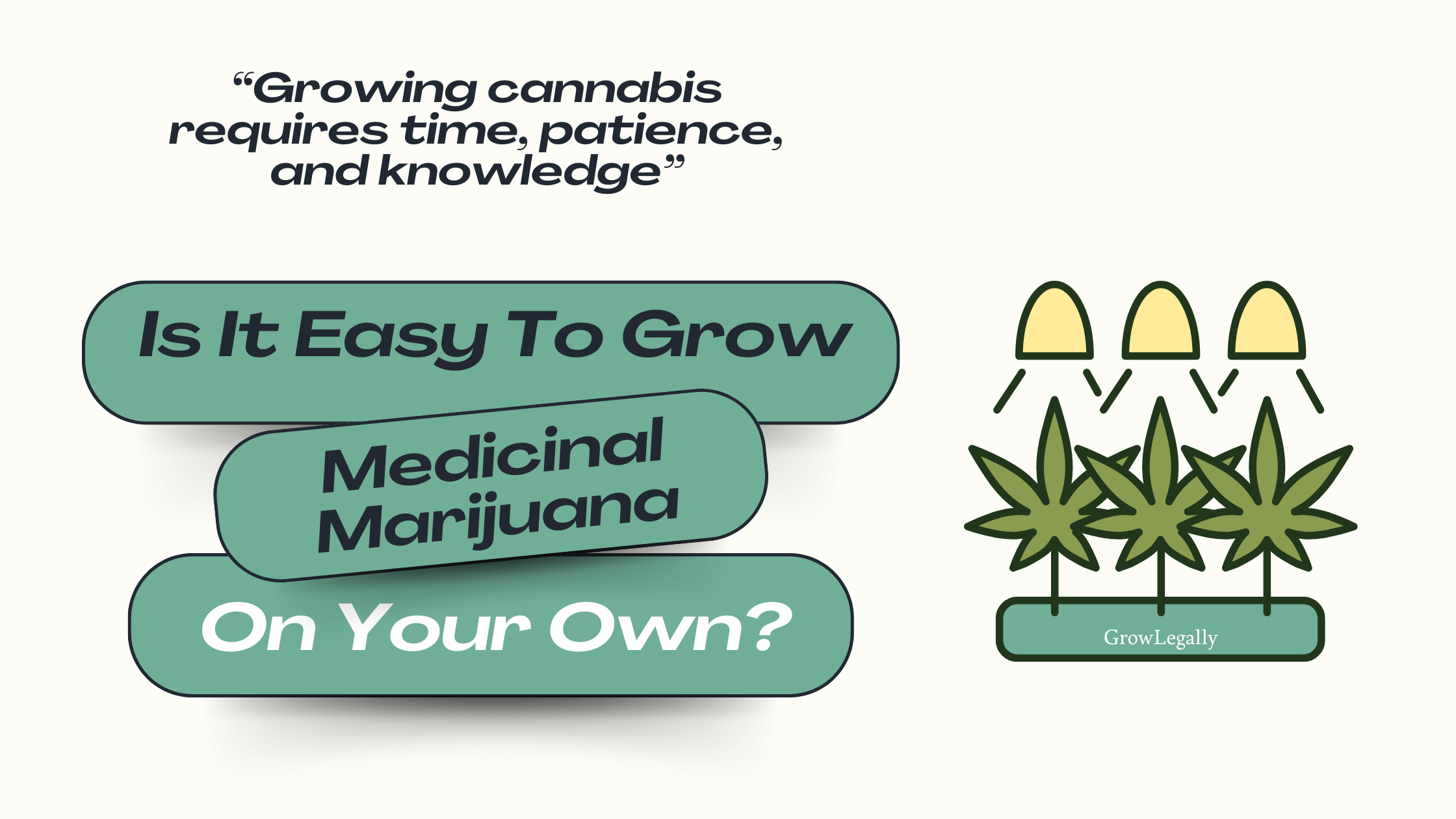
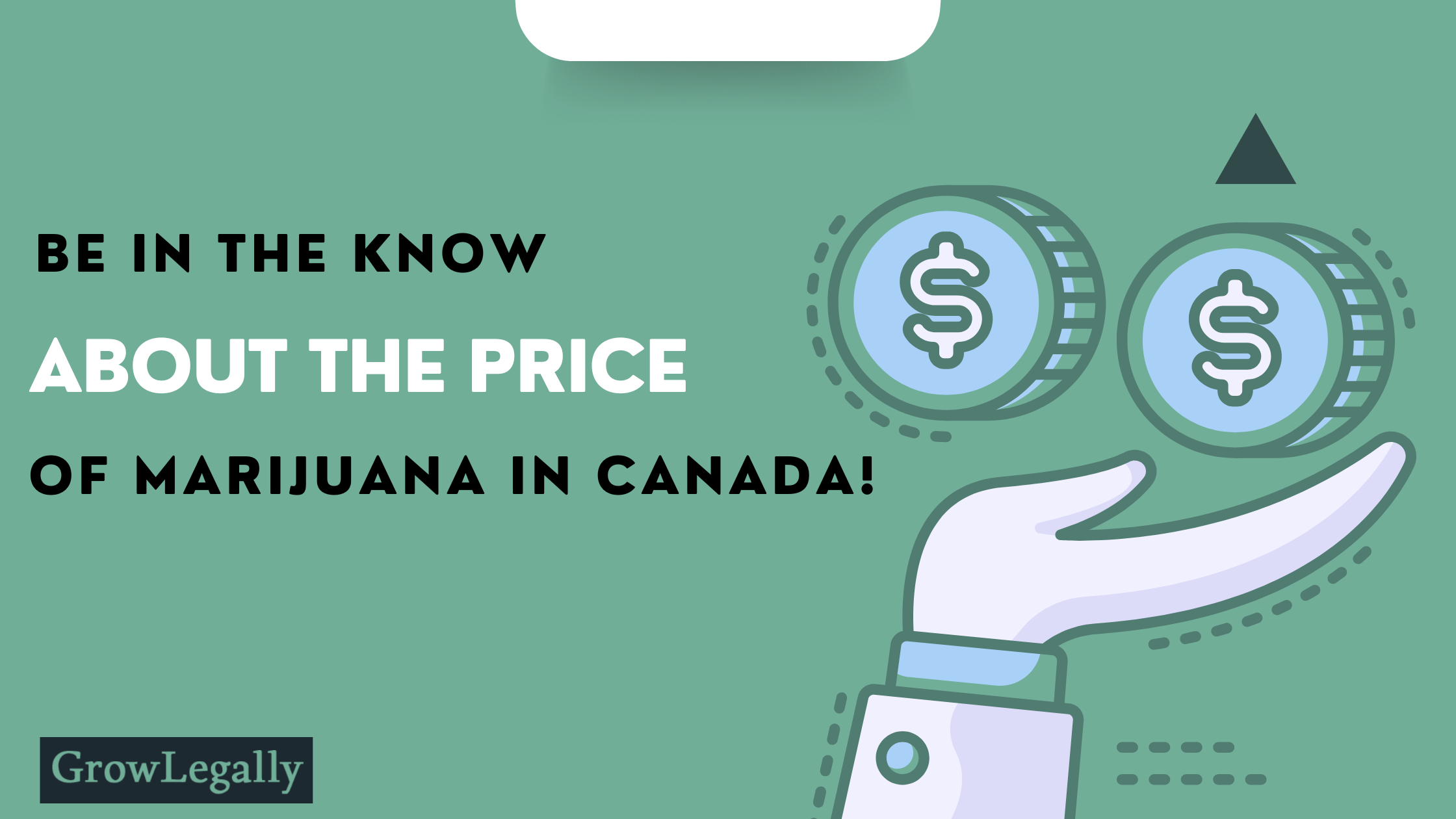





















.png)

















































.png)
















